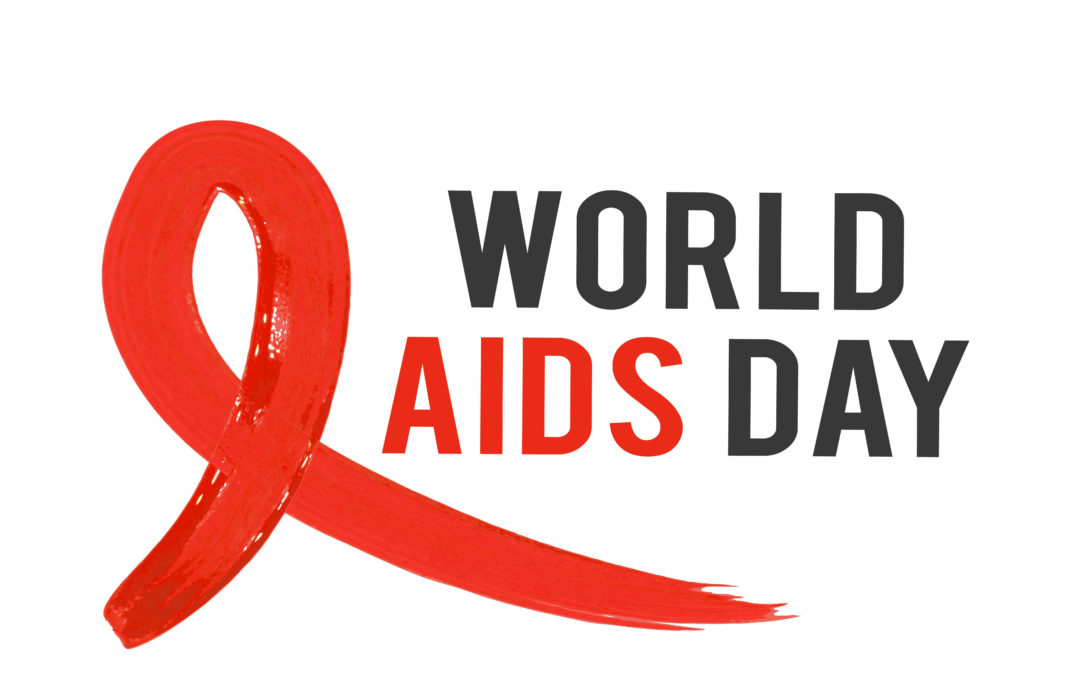Our communities are not yet free from the HIV/AIDS epidemic
World AIDS Day is an opportunity to further assert and realign our shared commitment to end HIV/AIDS as a public health threat by the year 2030. 1 December 2023 raises up the call of communities to lead the way in ending HIV, with the UNAIDS adopted theme ‘Let Communities Lead!’. HIV response globally and in South Africa must include people living with HIV and community health workers whose first-hand experience of the pandemic drives and enhances innovative systems of collaboration and research that can design and test improved HIV burden relief.
The South African Medical Research Council (SAMRC) understands the importance of alleviating the burden of illness, particularly in the context of our diverse communities, the work and dedication of our research scientists has remained at being at the forefront of cutting-edge research on HIV and related conditions. Despite the significant progress in combating HIV and achieving epidemic control, the most recent UNAIDS global analysis estimated that 1.3 million people became newly infected in 2022, with almost two-thirds of these new infections occurring in sub-Saharan Africa (SSA). Women and girls accounted for 50% of these new infections globally, and 63% of all new infections in SSA, where there are twice as many young women as men between the ages of 15-24 already living with HIV.
While new biomedical tools, such as pre-exposure prophylaxis (PrEP) offer promise for continuing to reduce HIV incidence, there is an opportunity to partner with civil society advocates, affected communities including those affected by and people living with HIV/AIDS, policymakers, and communicators to advance sub-Saharan African-led HIV vaccine science. The BRILLIANT Consortium’s programme, through funding received from USAID, is a multi-million rand co-operative agreement that will assist to develop and test novel HIV vaccines in Africa. Designing and testing improved HIV vaccine candidates that will advance the field toward the long-term goal of a safe and globally effective HIV vaccine.
At this time, we also have to acknowledge the tremendous discrimination and stigma that people living with HIV face both here in our country, Africa as a whole and at a global level. We are seeing human rights violations that occur throughout Africa and as the SAMRC, we need to commit to eradicating the stigma and discrimination that people living with HIV face.
The journey has not offered freedom as yet from the HIV epidemic, but freedom is possible, through collaboration with the communities we serve.

